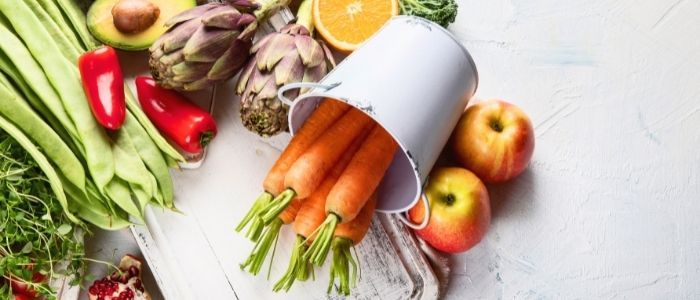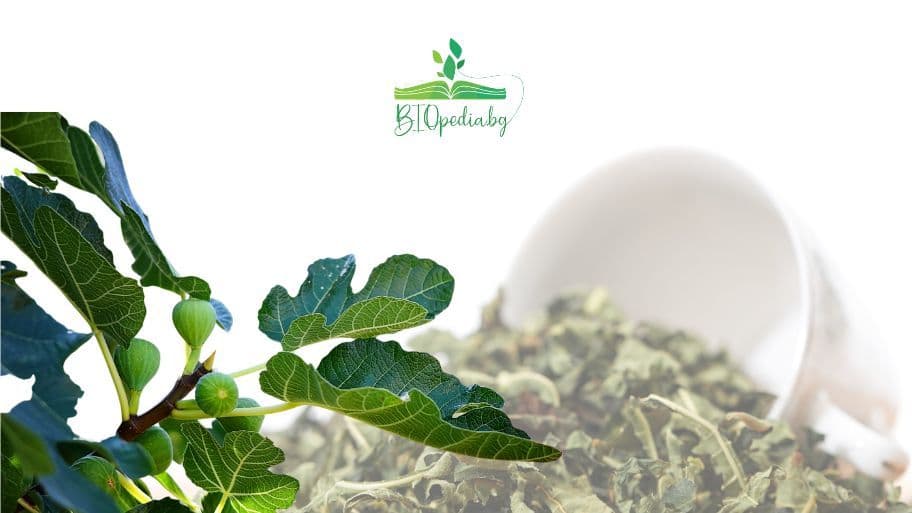One day, we are calmly shopping in the grocery store and we come across a food product whose label states that it is organic. Or we're surfing the internet and come across an article about the benefits of organic food. But what are these organic foods and how can they help improve our health? This is exactly what we are going to comment on in this article. If we are not familiar with exactly what organic foods are, it is natural to wonder if this is just a marketing ploy that big companies are using to sell more? Or do the organic foods in question really come with more advantages compared to conventional food products? To help you make better choices for you, your health and that of your family, we at "mybiopedia.com" would like to explain in more detail what the products in the organic food category are.

We often hear and read experts advising us to buy organic foods and include more of them in our menu, but what do they actually represent? Organic foods contain much lower levels of pesticides, chemicals, toxins and GMOs.

These raw materials are derived from animals and plants that are grown through organic farming. It ensures that the animals and plants are raised in conditions and environments that are similar to what is natural and natural to them. In addition, they are not treated with the chemicals and pesticides in question, herbicides and GMOs, chemical fertilizers, antibiotics, hormones and the like at any stage of their life cycle or during the extraction or processing of the raw materials. In this way, organic foods do not contain the quantities of chemicals that are found in conventional foods.
Healthy eating has very specific and clear boundaries.
Regarding it, scientists and experts advise us to ensure a daily intake of organic grains that supply us with healthy and slow-degrading carbohydrates that give energy to our body and brain. In addition, the intake of organic vegetables and fruits five times a day is highly recommended.
They are our main source of vitamins, antioxidants and other beneficial micronutrients. The intake of organic meat should not exceed half a kilogram per week.
However, it is not advisable to completely exclude meat consumption. With regard to dairy products, the recommendation is to choose low-fat ones.

A very common preferred way to shop for organic food products is online stores. The fact is that this shopping option is much faster, easier and affordable for people.
Of course, you may prefer to visit farmers markets to get everything you need.
The produce at these markets is very fresh and the choice is great, but there are downsides. First and foremost is the fact that there simply may not be a market near you.
Furthermore, when buying from such markets, we cannot be completely sure of the origin of the produce and food, but trust the words of the seller.

If we can't afford to go completely organic for one reason or another, then the experts' advice is to focus on specific products that are organic.
The truth is that some conventional food products are found to be low in toxins and pesticides anyway, so it's better to prioritize the ones where it really matters to be organic, and those are:
Eating organic foods supports the health and function of the body. These foods are proven to be higher in vitamins and trace elements, and their harvesting and processing are more environmentally friendly.






Comments